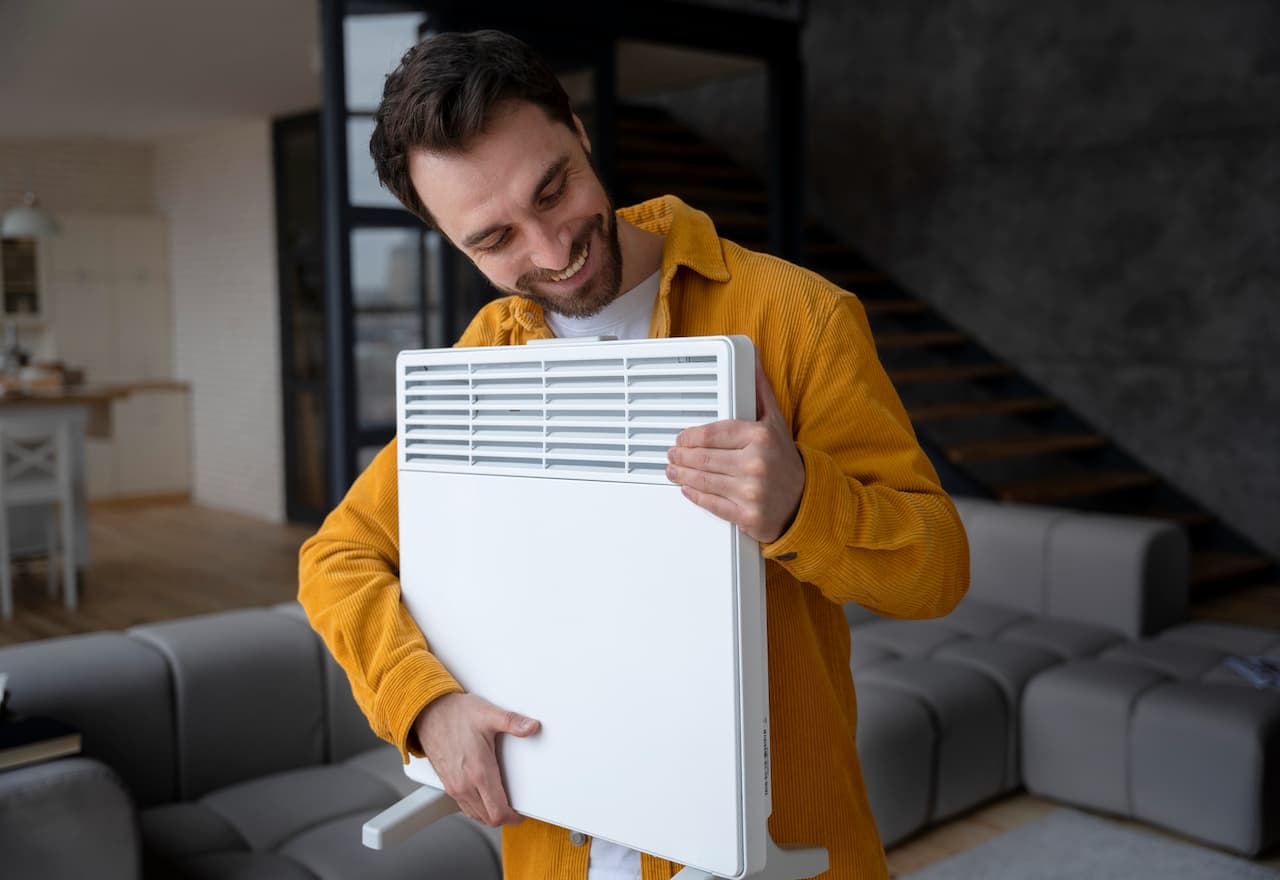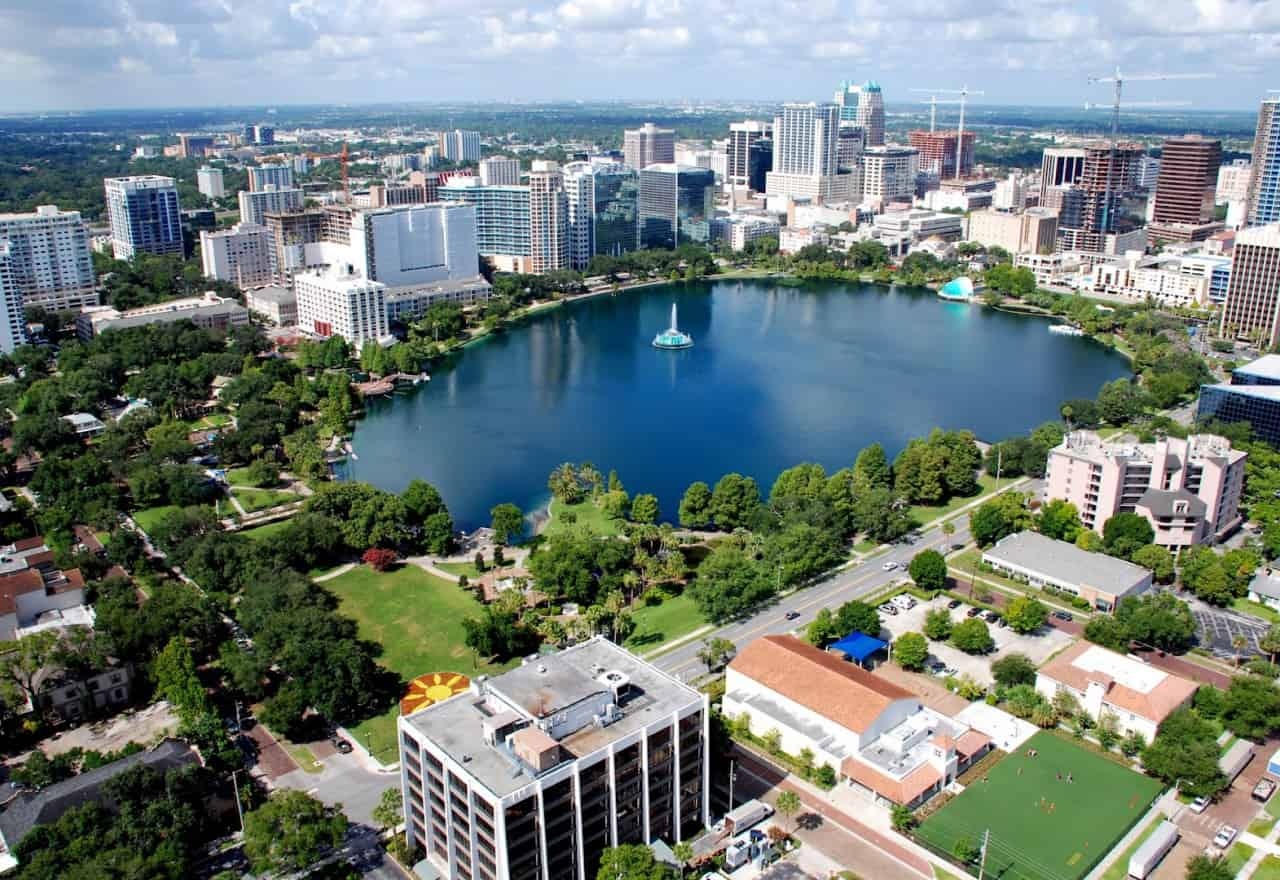HVAC systems are essential for maintaining a comfortable and healthy indoor environment. They regulate temperature, humidity, and air quality, ensuring that your home remains a safe haven. These systems are not just about comfort; they play a critical role in protecting your health by filtering out pollutants and maintaining optimal humidity levels.
In this blog, we’ll explore the various aspects of HVAC services, focusing on how they can improve indoor air quality and energy efficiency.
We’ll delve into practical tips for maintaining your HVAC system, discuss the benefits of energy-efficient HVAC solutions, and highlight the importance of professional HVAC services. Additionally, we’ll touch on related topics such as the role of smart thermostats and the impact of climate change on HVAC systems to give you a comprehensive understanding of HVAC systems and their impact on your home.
Whether you’re looking to upgrade your current system or simply want to learn more about maintaining a healthy indoor environment, this guide will provide valuable insights and actionable advice.
The Importance of Indoor Air Quality
Indoor air quality (IAQ) is crucial for your health and well-being. The air inside your home can be more polluted than the air outside, leading to respiratory issues, allergies, and other health problems. Factors such as dust, pollen, pet dander, mold, and volatile organic compounds (VOCs) can all contribute to poor IAQ.
HVAC systems play a vital role in maintaining good IAQ by filtering out pollutants, controlling humidity levels, and ensuring proper ventilation. In this section, we’ll explore how advanced HVAC technologies can significantly improve the air you breathe indoors, creating a healthier living environment for you and your family.
Advanced Filtration Systems
Modern HVAC systems come equipped with advanced filters that can capture dust, pollen, pet dander, and other airborne particles. These filters are designed to remove even the smallest contaminants from the air, ensuring that the air circulating in your home is clean and healthy. Regularly replacing these filters is essential for maintaining optimal air quality. High-efficiency particulate air (HEPA) filters, for example, can trap up to 99.97% of particles as small as 0.3 microns, making them highly effective at improving IAQ.
Humidity Control
Proper humidity levels are essential for preventing mold growth and reducing the presence of dust mites, both of which can negatively impact IAQ. HVAC systems can include humidifiers and dehumidifiers to maintain a balanced indoor environment. Humidifiers add moisture to the air during dry winter months, while dehumidifiers remove excess moisture during humid summer months. Maintaining an indoor humidity level between 30-50% can help prevent the growth of mold and mildew, reduce dust mites, and improve overall comfort.
Ventilation
Ensuring adequate ventilation is key to removing stale air and bringing in fresh air. HVAC systems can be designed to improve airflow and reduce indoor pollutants. Mechanical ventilation systems, such as energy recovery ventilators (ERVs) and heat recovery ventilators (HRVs), can exchange stale indoor air with fresh outdoor air while minimizing energy loss. This continuous exchange of air helps to dilute indoor pollutants and maintain a healthy indoor environment. Proper ventilation also helps to control indoor humidity levels and prevent the buildup of harmful gases like carbon dioxide and radon.
By incorporating these advanced HVAC technologies, you can significantly improve the indoor air quality of your home, creating a healthier and more comfortable living environment. Regular maintenance and professional HVAC services are essential to ensure that these systems operate efficiently and effectively.
The Key to Longevity and Efficiency
Regular maintenance is the cornerstone of a well-functioning HVAC system. Just like any other complex machinery, your HVAC system requires consistent care to operate at its best. Neglecting maintenance can lead to decreased efficiency, higher energy bills, and even costly repairs.
In this section, we’ll provide you with essential tips to keep your HVAC system running smoothly and efficiently. These practical steps will help you extend the lifespan of your system, improve indoor air quality, and ensure a comfortable living environment year-round.
Change Air Filters Regularly
Air filters play a crucial role in maintaining good indoor air quality and ensuring the efficient operation of your HVAC system. Replace disposable filters every 1-3 months and clean reusable filters according to the manufacturer’s instructions. Clean filters prevent dust and debris from clogging the system, allowing for better airflow and reducing the strain on your HVAC components.
Keep Units Clear of Debris
Outdoor units are exposed to the elements and can easily become obstructed by leaves, twigs, and other debris. Ensure that the area around your outdoor unit is clear, maintaining at least two feet of clearance. This unobstructed space allows for proper airflow and prevents the unit from overheating, which can lead to system failure.
Check Condensate Drain Lines
Condensate drain lines are responsible for removing the moisture that your HVAC system extracts from the air. Over time, these lines can become clogged with algae, mold, or debris, leading to water damage and mold growth. Regularly inspect and clear any blockages in the condensate drain lines to keep your system running smoothly and prevent potential issues.
Schedule Professional Maintenance
While regular DIY maintenance is essential, having your HVAC system inspected and serviced by a professional at least twice a year is equally important. Professional technicians can identify and address potential issues before they become major problems, ensuring that your system operates efficiently. They can also perform tasks that require specialized knowledge and tools, such as checking refrigerant levels and inspecting electrical components.
The Value of Energy Efficiency
Investing in energy-efficient HVAC systems is one of the smartest decisions you can make for your home. These systems are designed to use less energy while providing the same, if not better, levels of comfort and air quality. The benefits of energy-efficient HVAC systems extend beyond just cost savings; they also contribute to a healthier environment and offer long-term advantages that make them a worthwhile investment. In this section, we’ll explore the various benefits of energy-efficient HVAC systems, from reducing utility bills to enhancing overall comfort and supporting environmental sustainability.
Lower Utility Bills
One of the most immediate and noticeable benefits of energy-efficient HVAC systems is the reduction in utility bills. These systems are designed to consume less power by optimizing their operation, which leads to significant savings on your energy bills. For instance, energy-efficient HVAC units often feature variable-speed motors that adjust the airflow and heating or cooling output based on the current needs of your home. This means the system doesn’t have to work as hard or run as often, resulting in lower energy consumption and reduced costs.
Enhanced Comfort
Energy-efficient HVAC systems provide consistent temperature control and improved air quality, creating a more comfortable living environment. These systems are equipped with advanced technologies that allow for precise temperature regulation, ensuring that your home remains at the desired comfort level without fluctuations. Additionally, energy-efficient systems often include features such as better humidity control and enhanced air filtration, which contribute to a healthier and more comfortable indoor environment.
Environmental Impact
Reducing your carbon footprint is another significant benefit of energy-efficient HVAC systems. By consuming less energy, these systems help decrease greenhouse gas emissions, which are a major contributor to climate change. Energy-efficient HVAC systems are often designed to use eco-friendly refrigerants that have a lower impact on the environment compared to traditional refrigerants. This means that by choosing an energy-efficient system, you’re not only saving money but also contributing to a healthier planet.
Long-Term Savings
While the initial cost of energy-efficient HVAC systems may be higher than standard systems, the long-term savings make them a worthwhile investment. Energy-efficient systems often have a longer lifespan and require less maintenance, which can save you money on repairs and replacements over time. Additionally, many energy-efficient systems come with warranties that provide added peace of mind and protection for your investment. The combination of lower utility bills, reduced maintenance costs, and extended system life results in substantial long-term savings.
Additional Benefits
- Increased Home Value: Homes equipped with energy-efficient HVAC systems are often more attractive to potential buyers, as they promise lower operating costs and a reduced environmental impact.
- Rebates and Incentives: Many local and federal programs offer rebates and incentives for installing energy-efficient HVAC systems, further reducing the overall cost of investment.
- Quiet Operation: Energy-efficient systems are typically designed to operate more quietly than traditional systems, enhancing the comfort of your home without the distraction of loud HVAC noise.
Investing in an energy-efficient HVAC system is a smart choice that pays off in multiple ways. From immediate cost savings to long-term benefits and environmental impact, these systems offer a comprehensive solution for maintaining a comfortable, healthy, and efficient home.
Invest in Your Home’s Comfort and Health
Comprehensive HVAC services are essential for maintaining a comfortable, healthy, and energy-efficient home. These systems not only regulate temperature and humidity but also play a crucial role in improving indoor air quality.
By investing in regular maintenance and energy-efficient systems, you can enjoy numerous benefits, including improved air quality, lower utility bills, and a reduced environmental footprint. Energy-efficient HVAC systems are designed to provide consistent comfort while using less energy, which translates to significant cost savings and a positive impact on the environment.At The Efficiency Experts, we understand the importance of a well-maintained HVAC system.
Take the first step towards a more comfortable and energy-efficient home today. Contact The Efficiency Experts to learn more about our energy-efficient HVAC systems and how we can help you create a healthier living environment.
Our expert team is here to provide you with the best solutions tailored to your specific needs, ensuring that you enjoy the benefits of advanced HVAC technology. Don’t wait—invest in your home’s comfort and health with The Efficiency Experts and experience the difference of professional, energy-efficient HVAC services.




